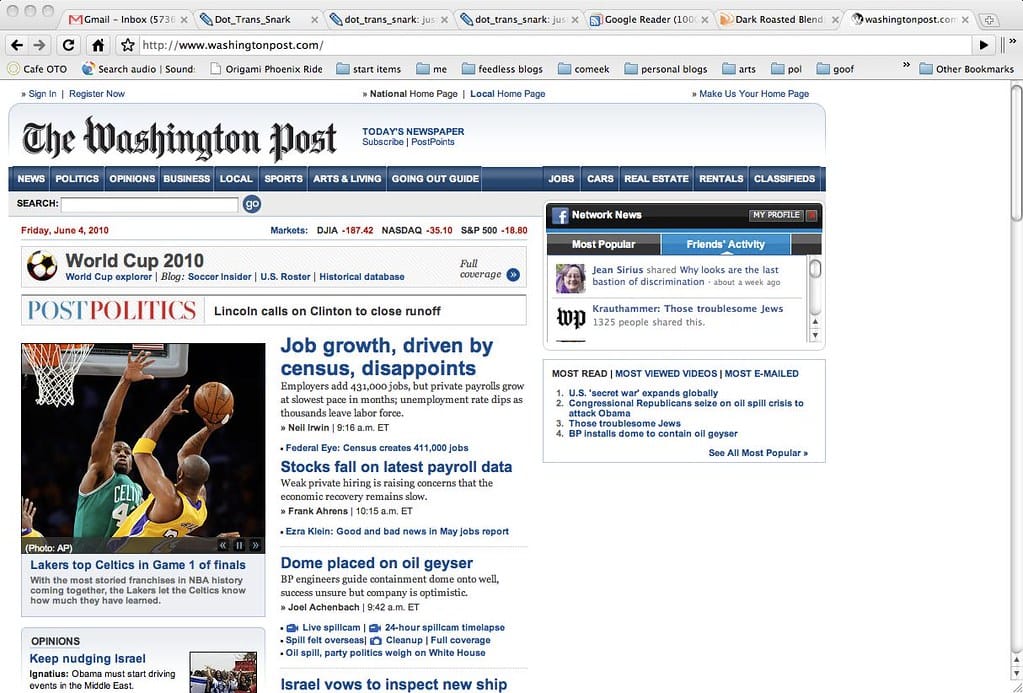Meta Settles $8 Billion Privacy Lawsuit: What This Means for Facebook Users and Corporate Accountability
Meta has reached a landmark settlement to resolve an $8 billion class-action lawsuit over Facebook's privacy practices, marking one of the largest privacy-related legal settlements in tech history. The agreement, which still requires court approval, brings an end to years of litigation stemming from the Cambridge Analytica scandal and broader concerns about how the social media giant handled user data.
The Heart of the Legal Battle
The lawsuit, filed in 2018, alleged that Facebook misled users about its privacy practices and failed to adequately protect personal information. The case centered on claims that the company violated user privacy rights through various practices, including allowing third-party developers excessive access to user data and failing to implement proper safeguards.
The Cambridge Analytica scandal served as the catalyst for much of the litigation, after revelations that the political consulting firm had harvested data from millions of Facebook users without their consent. This data was subsequently used to create psychological profiles for political advertising during the 2016 presidential election.
Financial Impact and Settlement Details
While the exact settlement amount remains confidential pending court approval, the $8 billion figure represents a significant financial commitment from Meta. This settlement would rank among the largest privacy-related penalties in corporate history, surpassing previous notable settlements including:
- Facebook's $5 billion FTC settlement in 2019
- Equifax's $700 million settlement following its 2017 data breach
- Google's $391 million settlement with 40 states over location tracking
The settlement is expected to provide compensation to affected users, though the per-user amount will likely be modest given Facebook's massive user base of nearly 3 billion people globally.
Broader Implications for Tech Industry
This settlement sends a powerful message to the tech industry about the mounting costs of privacy violations. For Meta, the financial penalty represents roughly 6% of the company's 2023 revenue, making it a substantial but not crippling expense.
The agreement also highlights the growing trend of class-action lawsuits targeting tech companies over privacy practices. Similar cases are pending against other major platforms, including Google, Amazon, and TikTok, suggesting that privacy litigation will remain a significant business risk for technology companies.
What This Means for Users
For Facebook users, the settlement may provide some financial compensation, though individual payouts are typically small in large class-action cases. More importantly, the settlement includes provisions requiring Meta to maintain certain privacy practices and transparency measures.
The agreement also validates concerns raised by privacy advocates about Facebook's data handling practices. It demonstrates that legal accountability is possible even for the world's largest social media platforms, potentially encouraging more responsible data stewardship across the industry.
Regulatory and Legislative Context
This settlement comes amid increasing regulatory scrutiny of big tech companies. The European Union's General Data Protection Regulation (GDPR) has already imposed significant privacy requirements on tech companies, while various U.S. states have enacted their own privacy legislation, including California's Consumer Privacy Act.
Federal lawmakers continue to debate comprehensive privacy legislation, and settlements like this one may provide additional momentum for regulatory action. The scale of the settlement underscores the potential financial risks companies face when privacy practices fall short of legal and consumer expectations.
Looking Forward: Lessons for Corporate America
The Meta settlement serves as a costly reminder that privacy violations can have long-term financial consequences extending well beyond immediate regulatory penalties. Companies across industries are taking note, particularly as consumer awareness of privacy rights continues to grow.
For Meta specifically, this settlement helps clear a significant legal overhang that has persisted for years. The company has already invested billions in privacy infrastructure and compliance measures, and resolving this litigation allows management to focus on future growth initiatives without the distraction of major legacy legal issues.
The Bottom Line
Meta's $8 billion settlement represents more than just a financial resolution—it's a watershed moment for privacy accountability in the digital age. While the settlement allows Meta to move forward without admitting wrongdoing, it establishes a new benchmark for the potential costs of privacy violations.
As digital privacy continues to evolve from a niche concern to a mainstream consumer priority, this settlement signals that even the world's largest tech companies are not immune to significant legal and financial consequences when user trust is compromised. The ultimate impact will depend on whether this accountability leads to meaningful changes in how companies collect, use, and protect personal data going forward.
